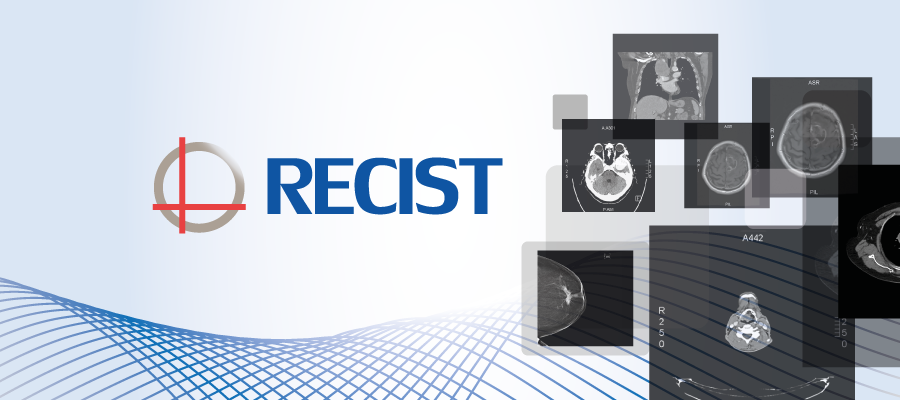RECIST news and updates
21 May 2015
Hear Lesley Seymour and Jan Bogaerts discuss with Helen Saul of EJC News the challenges and possibilities for RECIST
The RECIST Working Group was established in 1995 to review the objective response criteria in use at the time and to explore the utility of the use of unidimensional measurements in response assessment, as proposed by NCIC CTG. The initial working group was led by academic members of the EORTC, NCIC CTG and NCI (USA), with a database being created and maintained under the governance of the EORTC. Over the years, the membership of the Working Group was expanded to include other interested or expert members, including some representation from the pharmaceutical industry, as original members joined pharma, or expertise was identified. RECIST v1 was successfully implemented in 2000, and an update (RECIST 1.1) was released in 2009.
At the TAT Congress held in Paris on 2-4 March 2015, Lesley Seymour (NCIC Clinical Trials Group, Canada and co-chair of the RECIST Working Group) and Jan Bogaerts (Methodology Director EORTC Headquarters in Brussels) respectively chaired and spoke at a ‘Beyond RECIST’ session.
Related News
Meet the new EORTC Board
9 Jul 2024
We are pleased to announce the release of the EORTC 2023 Annual Report
17 Jun 2024
Dr Denis Lacombe, EORTC CEO, appointed stakeholder co-chair of ACT EU advisory group
24 May 2024
Clinical Trials Day 2024: a Q&A on pragmatic clinical trials
20 May 2024
EORTC/EMA workshop suggests an international way forward for treatment optimisation studies
8 May 2024
EORTC’s Participation at the ESTRO Congress 2024
29 Apr 2024
EORTC: Advancing research and treatment for rare cancers
29 Feb 2024
EORTC Fellowship Programme: celebrating more than 20 years of impactful collaboration
22 Feb 2024
Appointment of Malte Peters as EORTC Strategic Alliance Officer
9 Feb 2024
Unique series of workshops in partnership with the European Medicines Agency (EMA)
7 Feb 2024


